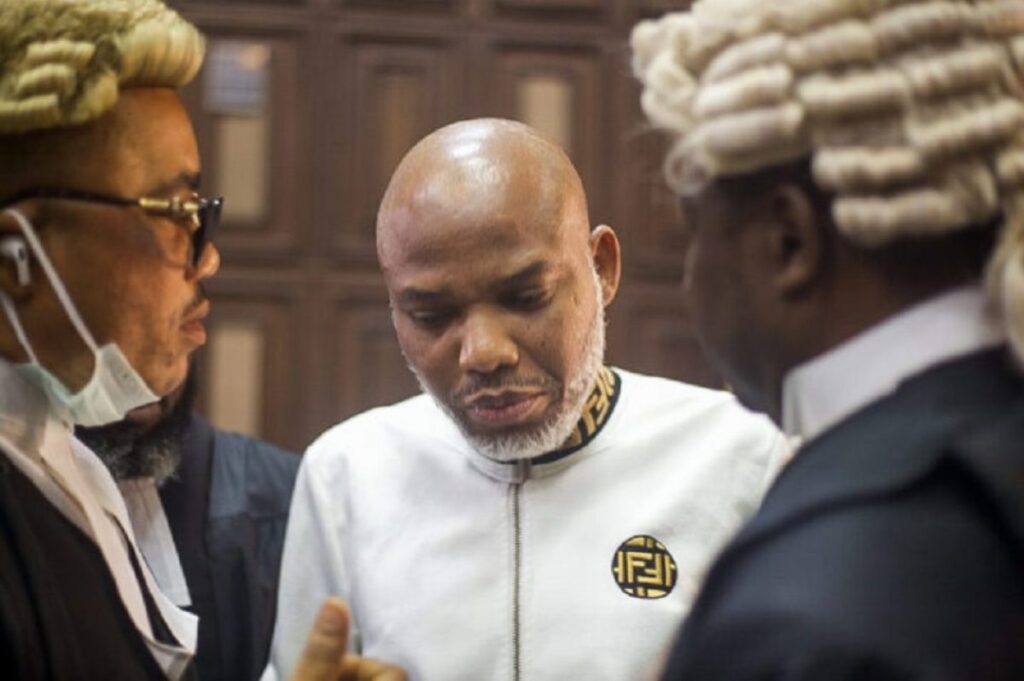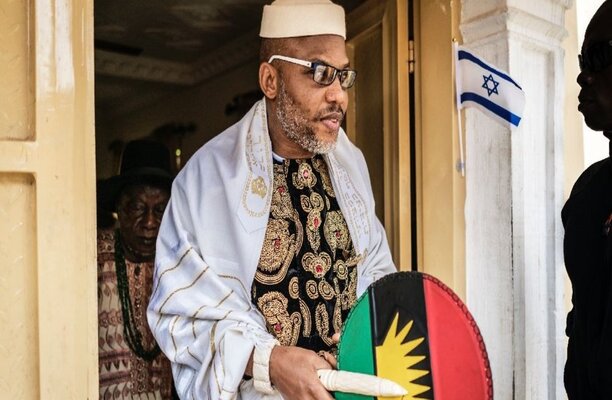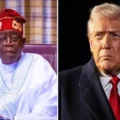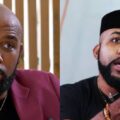By Sunkanmi Adewunmi
At the Federal High Court in Abuja, IPOB leader Nnamdi Kanu faces a decade-long terrorism trial nearing its final stage. In late 2025, the court warned it was his last chance to present a defence. Kanu, a British-Nigerian separatist, argues there’s “no valid charge,” while judges insist the case must proceed. Justice James Omotosho has set final deadlines, calling for written submissions. The trial, seen as a major test of Nigeria’s rule of law, has drawn global attention — with supporters demanding fairness and officials stressing IPOB’s violent actions. Rights groups caution that due process must prevail, as Kanu’s 2021 arrest continues to inflame separatist tensions in the southeast.
The Shadow of History: Biafra’s Legacy and Renewed Tensions
The shadow of the 1967–70 Biafran War still hangs over Kanu’s trial. IPOB’s call for a referendum to “restore” Biafra revives memories of a conflict that claimed over a million lives. While many Igbo see Kanu as a symbol of pride and protest, younger residents prioritize jobs and stability.
Support for IPOB’s sit-at-home orders has waned, surveys show only about 29% backing in 2025, down from 83% in 2021, suggesting fear, not enthusiasm, now drives compliance. In practical terms, IPOB’s sit-at-home orders have hurt the southeast’s economy, with reports linking them to over 700 deaths since 2021. Farmers and traders describe shutdowns that leave markets empty, though many say stability is returning as enforcement fades — most now ignore the calls and go about their business. Some credit Kanu with drawing attention to Igbo grievances – but many more cite poverty or corruption as their top concerns. An economist in Enugu recently observed that ordinary people “want jobs and roads, not another war.” Such sentiments suggest that while nostalgia for Biafra remains a rallying cry for a minority, the broad public mood is weary of confrontation.

Divided Loyalty and the Call for Peace
Local views are divided. Many Igbo elders and civil society leaders have urged Kanu’s release, calling his detention a “clog to peace” and arguing it fuels regional resentment. They frame his case as part of a broader struggle for equity, with groups like MASSOB asking if he’d face the same treatment were he from another region. To them, Kanu symbolizes Southern marginalization and political bias.
Many Nigerians and security officials fear secession talk endangers unity. A Tinubu spokesperson called IPOB’s rhetoric “bellicose posturing” that hinders dialogue. Igbo leaders admit a hard push risks backlash, while Anambra police praised citizens’ peace efforts, saying extremists are few. Across unions and student groups, most now back democratic solutions over violence — showing a broad desire to avoid renewed conflict.
Why It Matters
The Kanu trial goes to the core of Nigeria’s unity and justice. It tests whether courts can stay impartial under political pressure and how government addresses long-standing Igbo grievances. The echoes of the Biafran war still shape local emotions, while judges walk a fine line between free speech and terrorism. For many Nigerians, the outcome could define how the nation balances security with fairness — and whether old wounds can finally begin to heal.
In the end, the trial is more than a courtroom drama — it’s a test of Nigeria’s unity and justice. Each hearing draws anxious eyes from Imo to Lagos, and even abroad. Whether Kanu wins or not, the sentiments it stirs will linger. Many in the southeast hope for peace, others still dream of self-determination. As one Onitsha teacher said, “We want fairness, and a future better than the past.” How Nigeria’s leaders and courts handle this case may well shape the nation’s cohesion.








